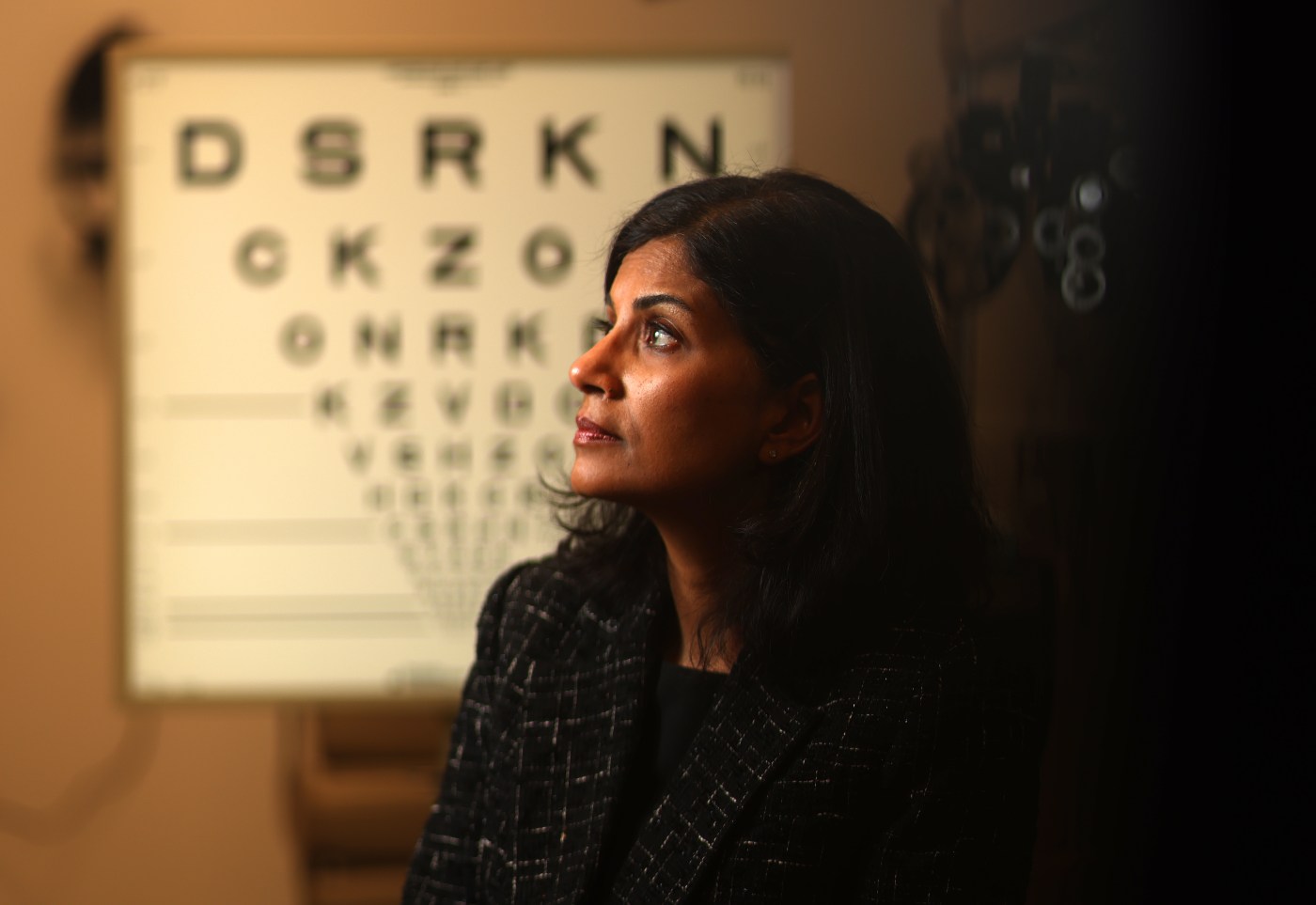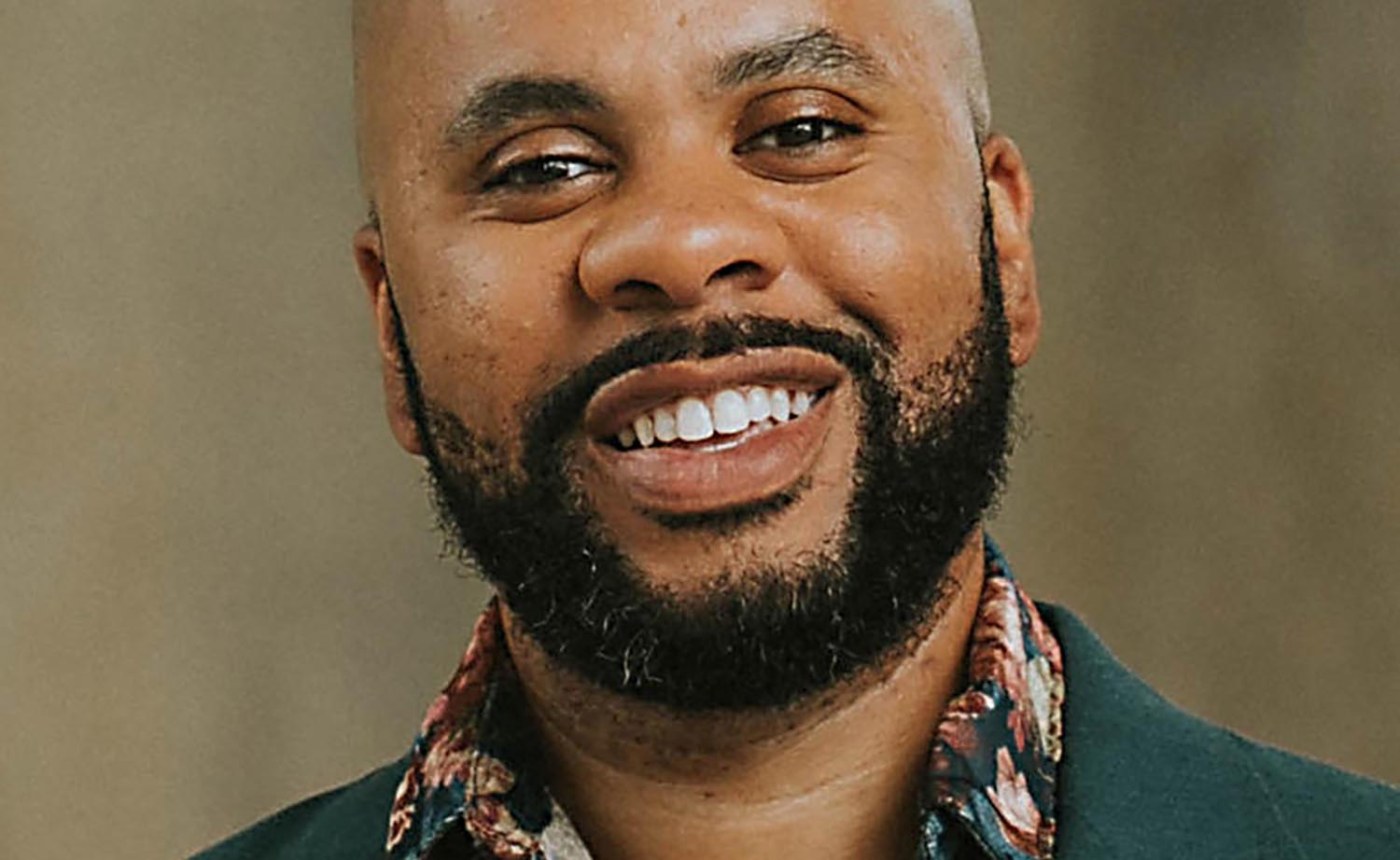Dr. Seth Holmes, a UC Berkeley professor, was organizing a conference to generate research findings to improve public health, with a focus on minorities.
Oakland-based UC San Francisco professor Diana Foster was leading research into effects of state-level abortion bans on women.
UCSF ophthalmology professor Nisha Acharya was studying the effects of a shingles vaccine on shingles of the eye.
Related Articles
Charts show Bay Area Vietnamese population, education level and income
Bay Area nonprofits are ‘holding their breath’ following national AmeriCorps cuts
Uncertainty around NIH funding leaves Alzheimer’s studies at Stanford and other universities in limbo
ICE is reversing the termination of legal status for international students around the US
California Bar discloses AI was used to develop some questions in problem-plagued February exam
All three were conducting research with grants from the U.S. National Institutes of Health until their funding was canceled as Elon Musk’s Department of Government Efficiency spearheads a Trump administration effort to reduce federal government spending and purge anything related to DEI — diversity, equity and inclusion. Trump has said U.S. colleges are “dominated by Marxist maniacs,” while Musk has said federal funding for U.S. universities allows them to “practice de facto communism.”
The NIH, the world’s largest funder of biomedical research, has been hit hard, losing about half of the more than 1,200 grants that its umbrella agency, the U.S. Department of Health and Human Services — now led by long-time vaccine skeptic Robert F. Kennedy Jr. — said it has terminated.
Also cut was a five-year, $1.5 million grant to the U-RISE program at San Jose State University, part of a nationwide NIH initiative to help students from underrepresented groups advance through college into graduate biomedical programs. The NIH’s web page for the program disappeared sometime after Feb. 28.
“This was a terrible ending to such an amazing program,” said Cleber Ouverney, a microbiology professor and director of U-RISE at San Jose State. “Many of our students come from backgrounds where this program serves as a vital support system, guiding and educating them on the path to becoming scientists.”
On April 21, the NIH released a notice that appeared to make official the rationale and intention of the cuts that started weeks ago. Grants cannot fund research that would “advance or promote” diversity, equity and inclusion, according to the notice, which also bans grants related to accessibility for disabled people and religious minorities. The goal is to “protect individual Americans from discrimination on the basis of race, color, sex, religion, and national origin,” the notice said.
While critics assail federal funding for universities, Matt Motta, a Boston University professor of health law, policy and management, argued that paying schools for scientific research that benefits Americans is “an extremely good deal” for the federal government, and produces life-saving treatments and advances in public health.
“How can the U.S. continue to have world-leading universities, medical centers, medical discoveries if the funding for that is being not only decreased but actually terminated mid-stream?” said Motta, who receives federal National Science Foundation funding for his health-promotion research.
The NIH process to appeal terminated grants appears to be a “placebo” that will not lead to funding reinstatement, Motta said. Several lawsuits seek to reverse the cuts.
The NIH has not revealed how defunding targets were selected, but the scuttled grants typically have a perceived connection to issues President Donald Trump has attacked, such as DEI, Motta said. The NIH and White House did not respond to requests for comment.
At UCSF, Foster was six months into a $2.5 million, five-year grant studying the effects of state abortion bans on women’s health and well-being after the 2022 overturning of Roe vs Wade, and on the care women with pregnancy complications receive in emergency rooms.
“On the strength of the data that we had collected, we managed to get NIH funding, which is extremely hard,” said Foster, who worked for a year and a half to obtain the grant.
She and her team had recruited 1,700 study participants, and “it was going great,” Foster said.
The work was a first for the NIH, and crucial for discovering whether exceptions to abortion bans, created to protect women with complications, are working, she said.
In March, UCSF — a medical research institution with five Nobel Prizes to its name — received an email from the NIH that it had cancelled funding for Foster’s grant.
“It’s devastating because this is important research,” Foster said. “We need to care about pregnancy and women, and the idea that the government wouldn’t care about the outcomes of laws that affect so many people is really disheartening. The United States has one of the highest maternal mortality rates of developed countries.”
Related Articles
Charts show Bay Area Vietnamese population, education level and income
Bay Area nonprofits are ‘holding their breath’ following national AmeriCorps cuts
Uncertainty around NIH funding leaves Alzheimer’s studies at Stanford and other universities in limbo
ICE is reversing the termination of legal status for international students around the US
California Bar discloses AI was used to develop some questions in problem-plagued February exam
The NIH notice said the grant was cut because Foster was conducting a study of gender identity, although she was not, she said. She had mentioned in her project description that the end of federally protected abortion could affect 36 million women in 26 states, but she speculated that the grant may have been killed because she also stated that transgender and non-binary people could also be at risk.
Ophthalmologist Acharya was in the second year of a $3 million, five-year NIH-funded project studying the effectiveness of the Shingrix vaccine against shingles of the eye, which has afflicted tens of thousands of Americans in recent decades and can cause permanent vision loss. When the grant was cancelled in March, about $1.8 million in funding was lost, she said.
Acharya, too, was perplexed at the reason her funding was canceled. The termination letter from the NIH said the agency’s policy was “not to prioritize research activities that focuses gaining (sic) scientific knowledge on why individuals are hesitant to be vaccinated and/or explore ways to improve vaccine interest and commitment.”
But Acharya’s research did not address vaccine hesitancy among patients or improving interest in vaccines. She speculated that her project became a target because she referred in its description to “hesitancy among cornea specialists” to recommend the vaccine without further data.
“I don’t know that they understood what I was doing,” Acharya said.
At UC Berkeley, Holmes’ grant of about $50,000 would have delivered a big bang for the buck, he said, by bringing leading medical researchers together with top social scientists to produce and publish research articles to help improve U.S. public health, including among minority groups and people from families with immigrant backgrounds.
“You can start to analyze things together in a new way and make new knowledge that can benefit the public,” Holmes said.
The three-day research conference was to take place early next year at UC Berkeley and would have focused on why some immigrant groups experience health declines in the second and third generations after arrival in the U.S., Holmes said. The conference was intended to explore factors outside hospitals and clinics that affect health, and provide insights for health practitioners, health-system leaders, policymakers and all levels of government about issues affecting the health of families from immigrant backgrounds, Holmes said.
Holmes believes the grant was cut in March because its description contained the word “equity.”
The U.S. has invested more in health and medical research than all European countries combined, Holmes said.
“All of a sudden, that’s not happening anymore,” Holmes said. “This foundation of research that benefits the public is being dismantled. A lot of us are really worried about the future.”





